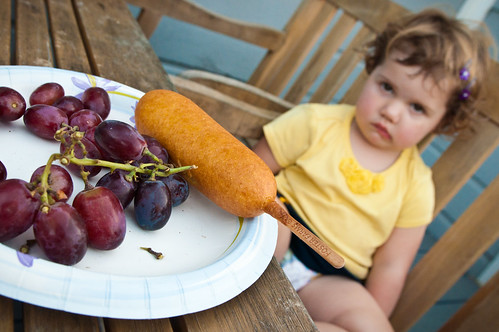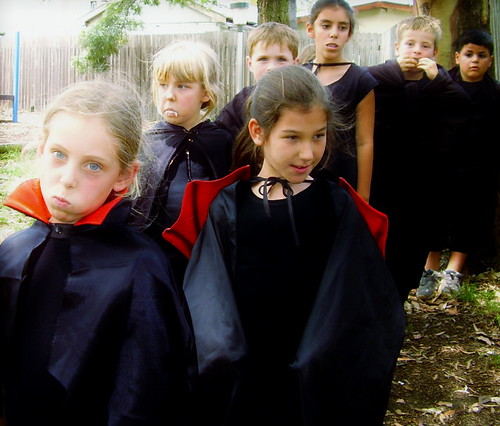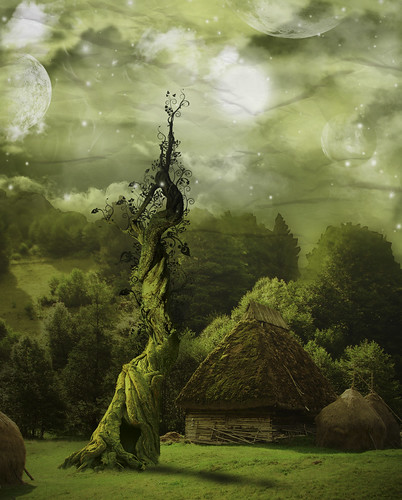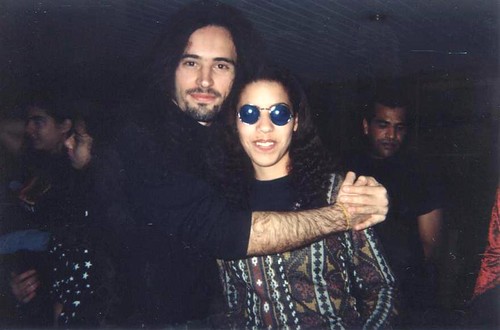Where do sexpots, breastfeeding fathers, neanderthals, and picky eaters come from? This post highlights interesting web articles about human bodies and cultures (anthropology) as a way of introducing social scientists to popular writing for the web.
Skeleton Sex Pots (Stephen E. Nash, writing for Sapiens)
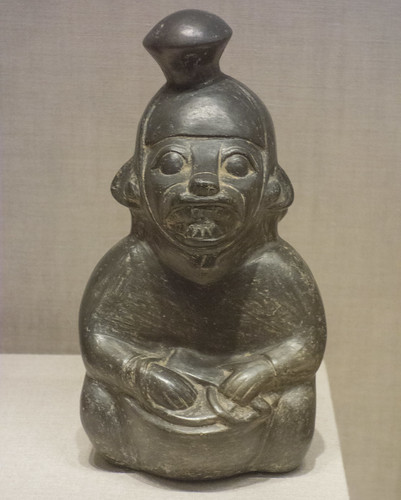 Maybe you’ve seen the, ahh, explicit sexual acts show on early Peruvian pottery. But why so explicit? To us, it looks like porn… but are there other cultural elements? And what does that mean for our own understanding of sexuality? This is a great example of taking some bit of popularized anthropology and reframing it in new ways.
Maybe you’ve seen the, ahh, explicit sexual acts show on early Peruvian pottery. But why so explicit? To us, it looks like porn… but are there other cultural elements? And what does that mean for our own understanding of sexuality? This is a great example of taking some bit of popularized anthropology and reframing it in new ways.
Failure to Lunch (Malia Wollan, New York Times magazine)
 Why am I typing this in front of a mug of coffee and a desk drawer full of Wasa crackers and canned soup? Good question. Journalist Malia Wollan engages with the work of ethnographer June Jo Lee, who was hired by major US food companies to understand how and why we’re eating at our desks all the time, and dear lord, what’s going on in our office refrigerators? Wollan does a great job of showing how relevant ethnography is to understanding the small challenges of our daily lives—as well as the larger societal shifts in eating and working that impact the success of our corporate economy.
Why am I typing this in front of a mug of coffee and a desk drawer full of Wasa crackers and canned soup? Good question. Journalist Malia Wollan engages with the work of ethnographer June Jo Lee, who was hired by major US food companies to understand how and why we’re eating at our desks all the time, and dear lord, what’s going on in our office refrigerators? Wollan does a great job of showing how relevant ethnography is to understanding the small challenges of our daily lives—as well as the larger societal shifts in eating and working that impact the success of our corporate economy.
When Men Breastfeed (Blogher) and Are the men of the African Aka tribe the best fathers? (The Guardian)
 This isn’t quite anthropological writing, but more an adaptation of ethnography. What I like is how the writers use the high paternal involvement of Aka men (who let babies use their nipples as pacifiers) to challenging our cultural ideas—are men allowed to nurse infants at their nipples? And why not? An anthropologist could do one better, drawing a comparison to how Americans use our bodies in parenting, and what that says about our values.
This isn’t quite anthropological writing, but more an adaptation of ethnography. What I like is how the writers use the high paternal involvement of Aka men (who let babies use their nipples as pacifiers) to challenging our cultural ideas—are men allowed to nurse infants at their nipples? And why not? An anthropologist could do one better, drawing a comparison to how Americans use our bodies in parenting, and what that says about our values.
The Science of Picky Eating (Interview with Jane Kauer on NPR)
A radio journalist interviews an anthropologist about picky eating—why do we do it? Why do foods bother us? Is this individual, biological, or cultural? It’s brief, but a good angle on something that would interest your friends and family.
Thank Neadertals for your Allergies (Kambiz Kamrani)
Where do allergies come from? This brief review of two new academic papers suggests that mixing species made us more resistant to disease… and more resistant to pollens, dirt, air, and sunlight as well. A-choo. I’d love to see these quick summaries worked into a longer #articleremix.
Vampires in the Archaeological record? (Carl Feagans)
Why did Polish people think they’d found vampires? A short piece which ties archaeology to current interests. See also his readable review of Vampire Forensics.
Neandertal sex acts are beyond counting (John Hawks)
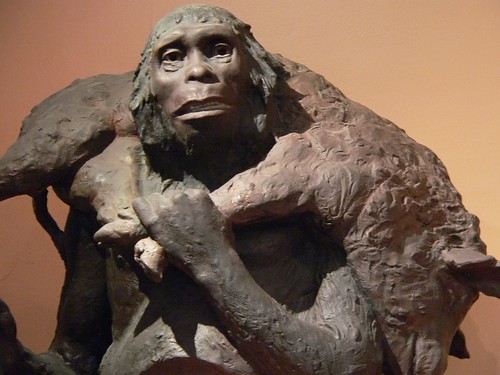 How often did early humans mix with Neanderthals to get the people we have today? John Hawks suggests that’s not a good question, reframing the discussion of what “percent” Neanderthal we are in terms of how populations actually mix over time. This is a technical article, but provides informed commentary on an issue that’s hit the popular press.
How often did early humans mix with Neanderthals to get the people we have today? John Hawks suggests that’s not a good question, reframing the discussion of what “percent” Neanderthal we are in terms of how populations actually mix over time. This is a technical article, but provides informed commentary on an issue that’s hit the popular press.
The Fairy Tales that Predate Christianity (Ed Yong, The Atlantic)
Where do our stories come from? Yong covers the work of folklorists who study when fairy tales entered our cultural memory.
Anthropology students, if you’ve done a good lit review and have access to someone willing to give you a few quotes, you can probably weave together an interesting overview that catches the attention of a busy reader.
The Rise of a Celebrity Culture (Grant McCracken, CultureBy)
Who’s famous now, and has it changed in the past 100 years? This quick post uses data to make deeper points about culture and celebrity. As McCracken says, “We have too little data on culture in motion and America is nothing if not a culture in motion.”
English Water Rites (Colleen Morgan, Middle Savagery)
A short reflection on the contrasts between her childhood in the dry American west, and the luxurious use of water she now observes as a resident of England. Even a brief observation can provide popular readers with food for thought about the environments we live in.
(Compiled for PopAnth readers and writers.)

